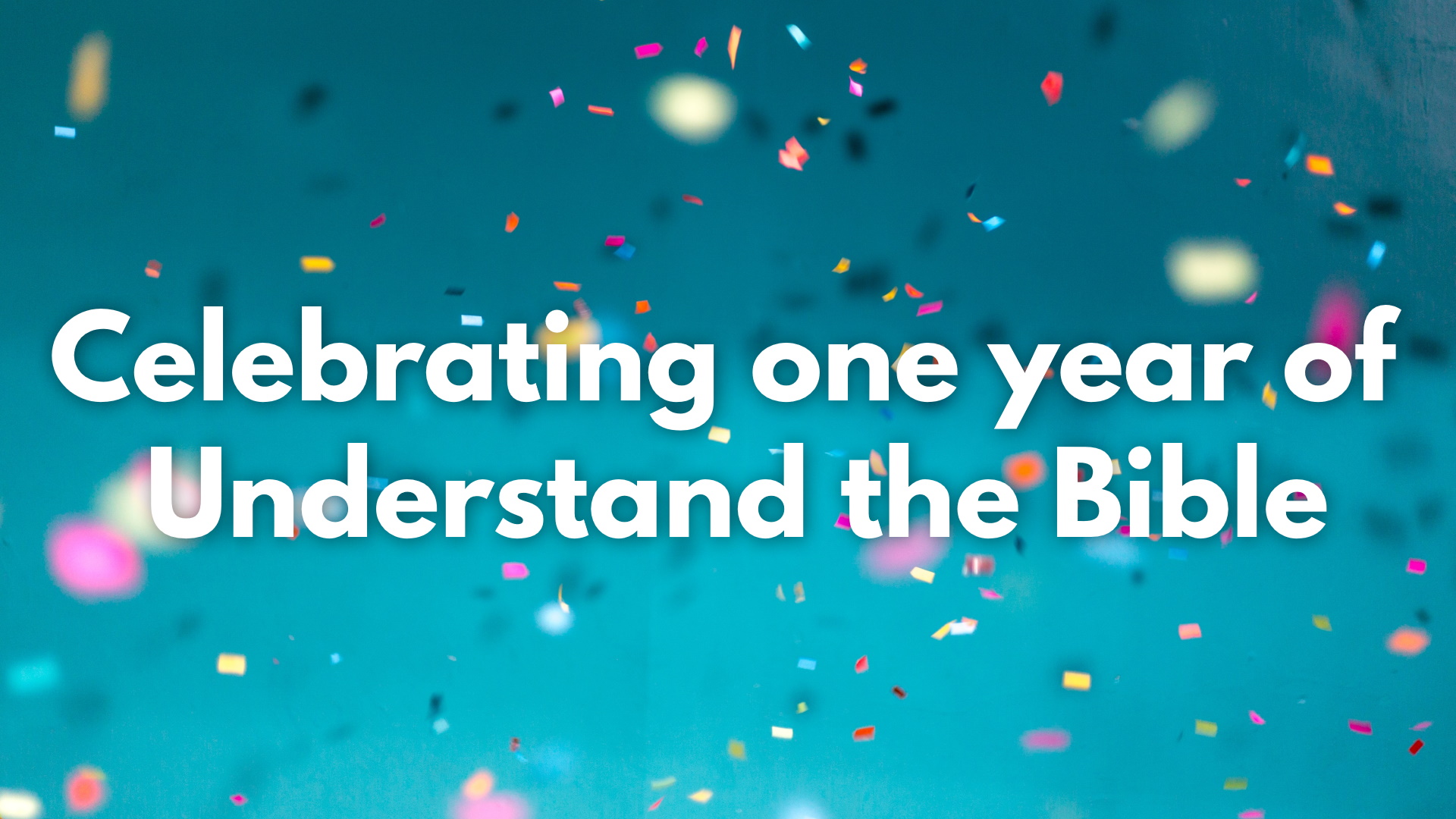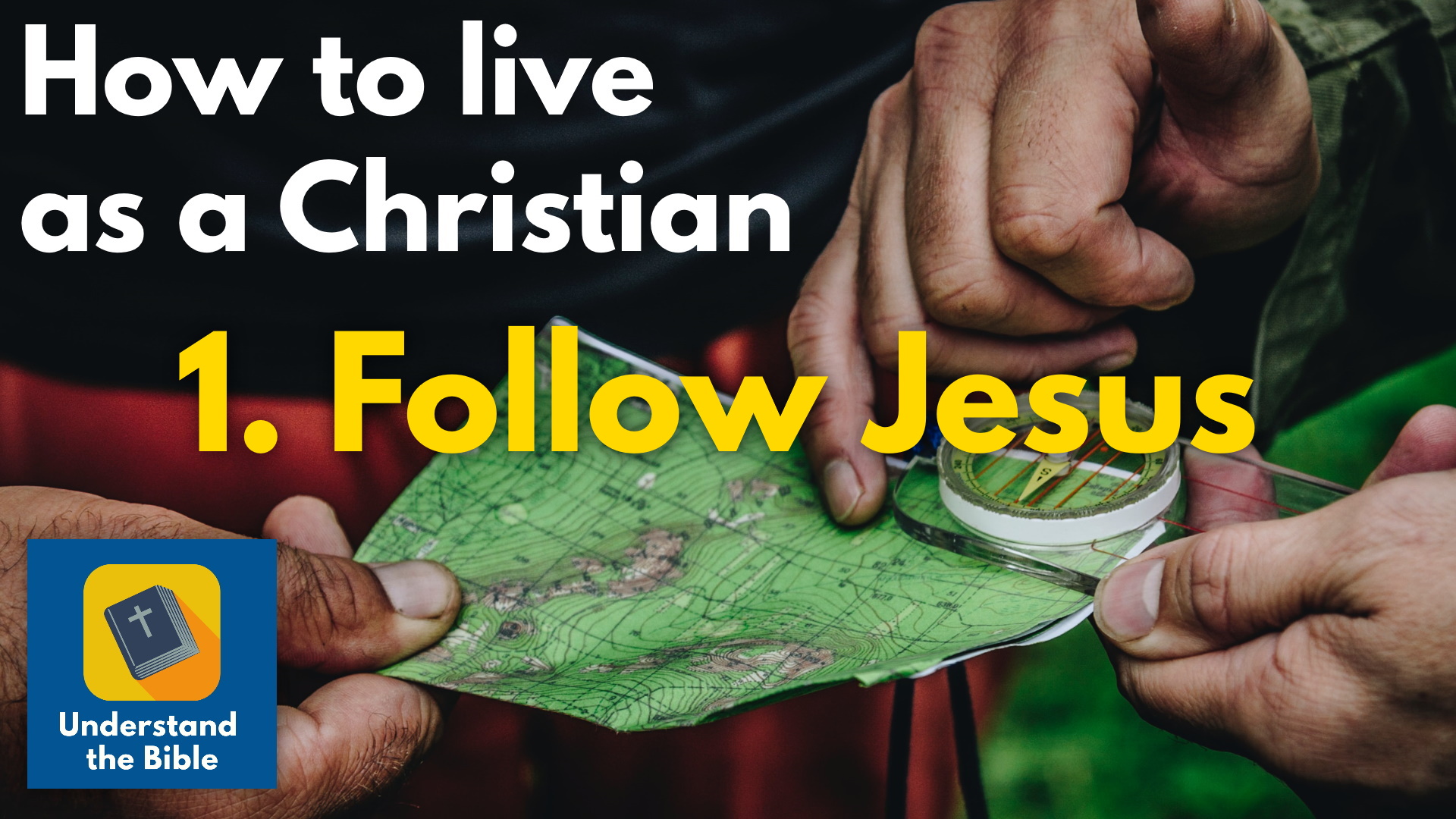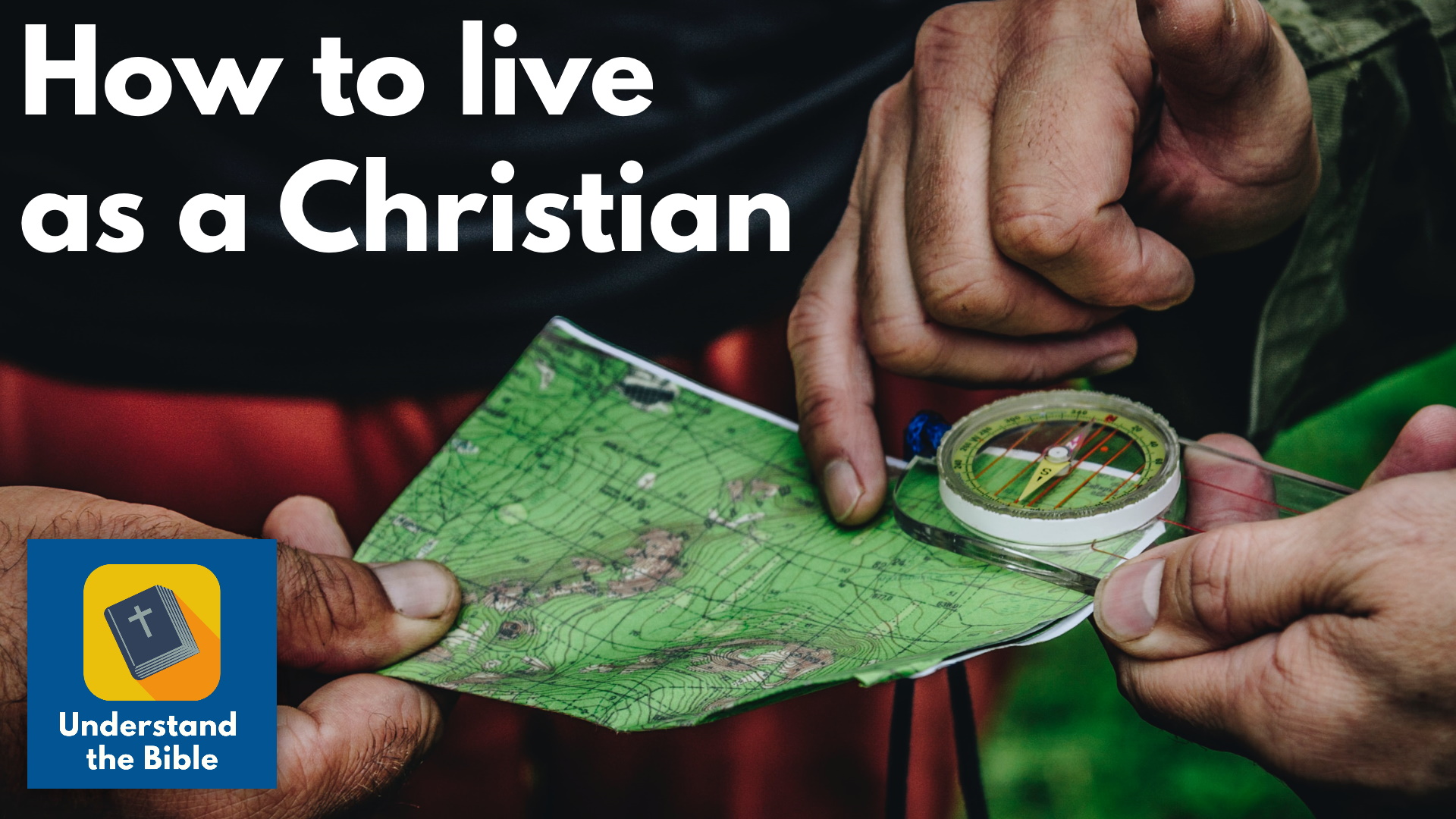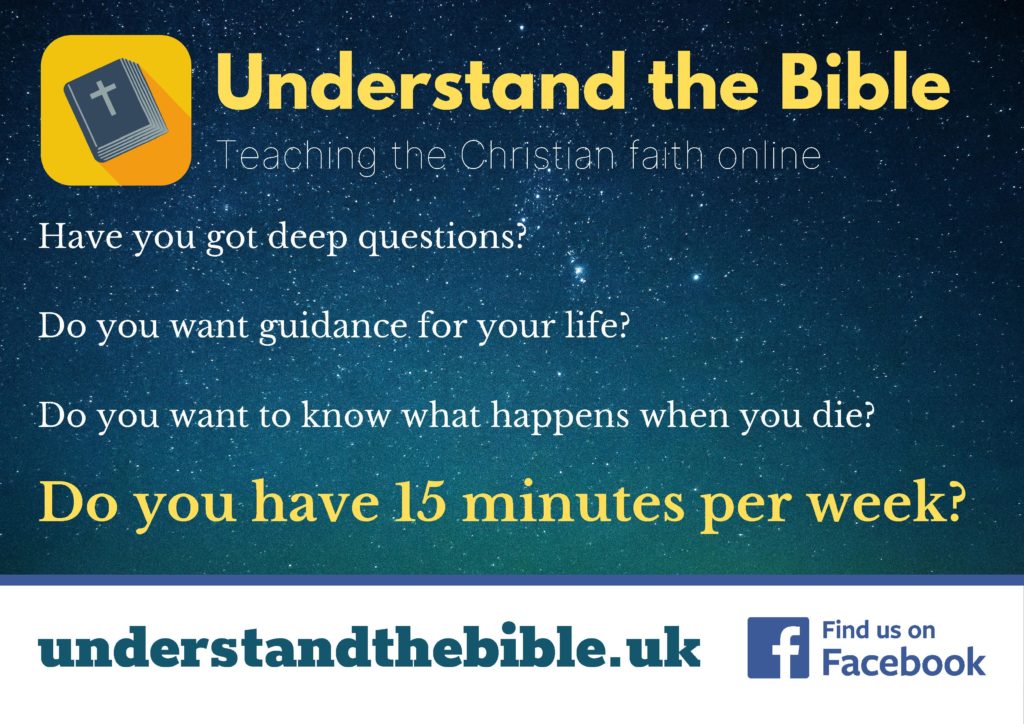I would just like to wish all friends of Understand the Bible a very happy new year. I hope you have had a good Christmas time, even if (like me) you were under some kind of restrictions this year. One thing which has kept coming back to me this Christmas is the way that Christ was not born into a world full of light, but a dark world. Christ came into a dark world, as the light of the world. Although I think the last year has seen a lot of darkness, it’s good to remember that Christ is the light.
At the start of his public ministry (in Luke 4:18-19) Jesus quoted from Isaiah 61:1-2:
‘The Spirit of the Lord is on me,
because he has anointed me
to proclaim good news to the poor.
He has sent me to proclaim freedom for the prisoners
and recovery of sight for the blind,
to set the oppressed free,
to proclaim the year of the Lord’s favour.’
“The year of the Lord’s favour”. Wouldn’t it be wonderful if 2021 was the year of the Lord’s favour? If God poured out his Spirit on us, to bring many to repentance and faith in Jesus Christ?
Christ came to proclaim good news, the same good news which UTB exists to proclaim. Let’s pray that Jesus would be lifted high in 2021.










